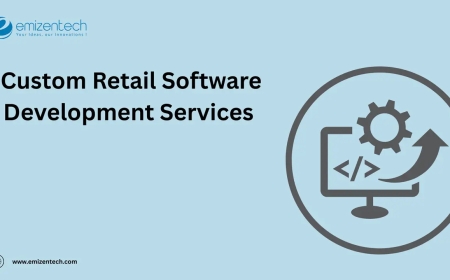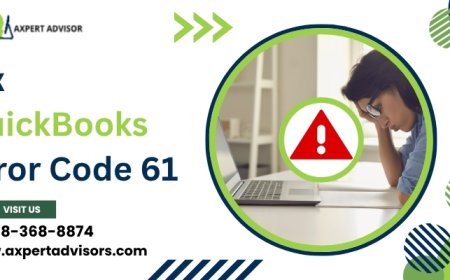How Internal Inspection Works in Technical Pressure Vessels
How Internal Inspection Works in Technical Pressure Vessels?

How Internal Inspection Works in Technical Pressure Vessels
Internal inspection of pressure vessels is a fundamental practice to ensure safety and operational efficiency in various industries. These pieces of equipment, which store fluids under high pressure, require rigorous care to prevent failures and accidents. In this article, we will discuss the importance of internal inspection, the methods used, the standards that govern this practice and the necessary care after the inspection.
Importance of Internal Inspection of Pressure Vessels:
Internal inspection of pressure vessels is a crucial step in the maintenance and safe operation of this equipment. Pressure vessels are used in various industries, such as petrochemicals, pharmaceuticals, food and energy, to store and process fluids under high pressure. The structural integrity of these vessels is vital to prevent accidents that can result in material damage, injuries and even fatalities. Therefore, carrying out regular internal inspections is essential to ensure safety and operational efficiency.
Objective:
One of the main objectives of internal inspection is to identify possible failures or wear that may compromise the structure of the vessel. During operation, pressure vessels are subject to extreme conditions, such as temperature variations, corrosion and high internal pressure. These factors can cause damage to the material, leading to cracks, internal corrosion and other problems that, if not detected in time, can result in catastrophic failures.
Safety:
In addition to ensuring safety, internal inspection is also essential for compliance with safety standards and regulations. Most countries have strict legislation requiring periodic inspections of pressure vessels. These standards aim to protect not only workers, but also the environment and the community surrounding industrial facilities. Failure to comply with these regulations can result in significant fines and even the suspension of company operations. Click here for NDT Course in UAE
Operational Efficiency:
Another important aspect of internal inspection is the ability to optimize operational efficiency. By identifying and correcting problems before they become critical, companies can avoid unscheduled downtime and reduce maintenance costs. Predictive maintenance, which relies on regular inspections, allows companies to plan their activities more effectively, ensuring that pressure vessels operate under optimal conditions.
Internal inspections also provide an opportunity to implement improvements. During the inspection process, engineers can assess the vessels performance and suggest modifications that can increase its efficiency or extend its service life. This may include upgrading components, applying protective coatings, or modifying the vessel design to better meet operational needs.
In addition, completing a boiler operator course can enable professionals to better understand the processes involved in operating and maintaining pressure vessels. These courses provide essential knowledge on inspection, safety, and maintenance best practices, preparing operators to handle critical situations and ensure equipment integrity.
Documentation:
Another point to consider is the importance of inspection documentation. Keeping detailed records of internal inspections, including the results, corrective actions taken, and recommendations for future maintenance, is essential. This documentation not only helps ensure compliance with standards, but also serves as a valuable resource for future assessments and audits. Additionally, analyzing historical data can provide insights into failure trends and help inform decisions about pressure vessel maintenance and operation.
Internal Inspection:
Finally, the safety culture within the organization is also impacted by conducting internal inspections. When companies prioritize safety and proper maintenance of their equipment, this translates into a safer work environment and increased awareness among employees. Promoting a culture of safety can lead to a significant reduction in the number of accidents and incidents, benefiting both workers and the company as a whole.
In short, internal inspection of pressure vessels is an essential practice to ensure safety, regulatory compliance and operational efficiency. By identifying and correcting problems before they become critical, companies can protect their employees, the environment and their assets. Investing in regular inspections and operator training is a fundamental step in ensuring the integrity and efficiency of pressure vessels throughout their useful life.









































